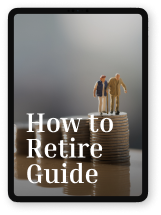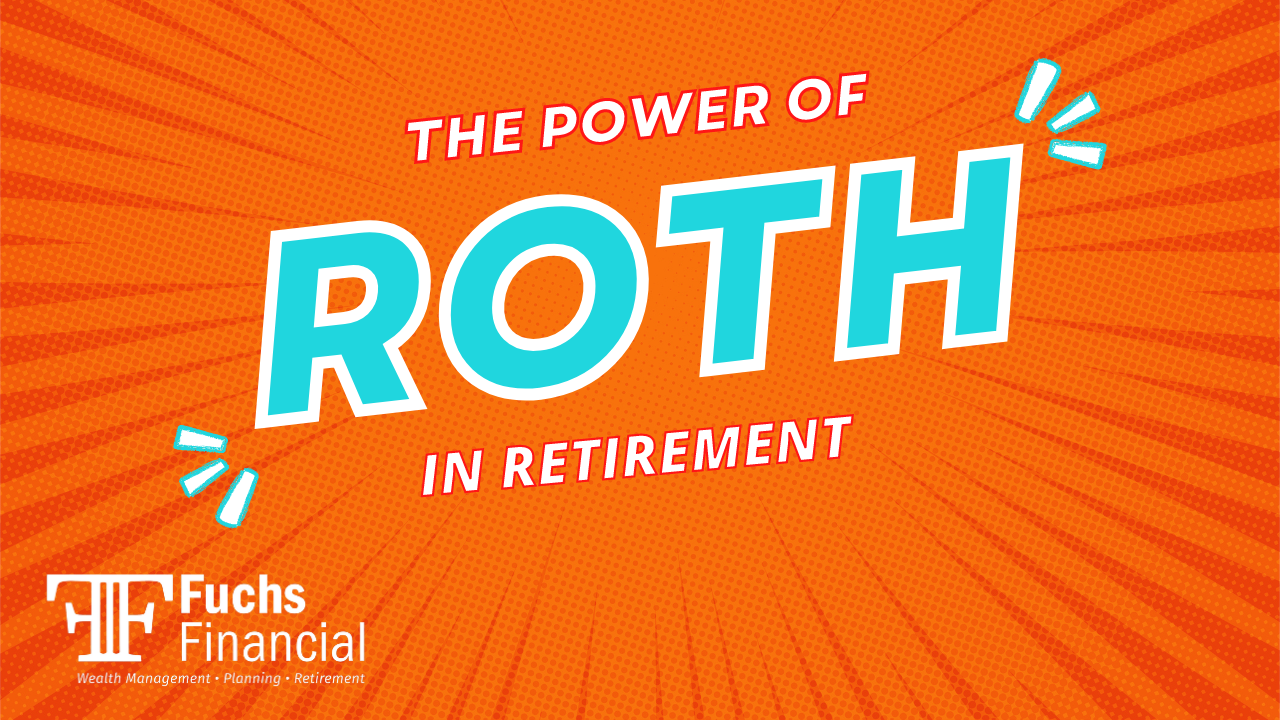Did you know it’s possible for your tax bill to go up once you retire?
A portion of your Social Security benefits could be taxed. Another possibility: Your tax-deferred retirement account tax bill comes due when you start drawing down your money. Add in your retirement income from other sources, such as Social Security, pensions, or deferred compensation payouts, and you easily can wind up in a higher bracket as a retiree than when you were working.
Consider a couple who placed their savings in retirement accounts and now have a balance of $3 million. Once they retire and begin to draw from those accounts, they will discover that about one-third of each withdrawal will be consumed by taxes.
If you invest in an IRA now, be prepared when you need the distribution later. With the money growing in tax-deferred retirement accounts, you could be forced to take a much larger distribution than expected because of the tax withholding.
The best way to avoid this tax bomb is to plan for what lies ahead. Structure your retirement accounts to allow for potentially tax-free distributions or lower tax-impact withdrawals later. Consider Roth conversions. If you’re already on Medicare, your income has fallen, and you haven’t yet drawn Social Security benefits or RMDs, there may be an opportunity to convert tax-deferred accounts to Roth IRAs. Take the hit and pay taxes now at a potentially lower rate than after age 70.
Unpleasant financial surprises can trip up even the savviest planner, so it’s worth a second look at how Medicare costs, downsizing, healthcare, and living expenses could drain your nest egg. We know some strategies you can make now to head off unexpected shots to your retirement, so give us a call.















